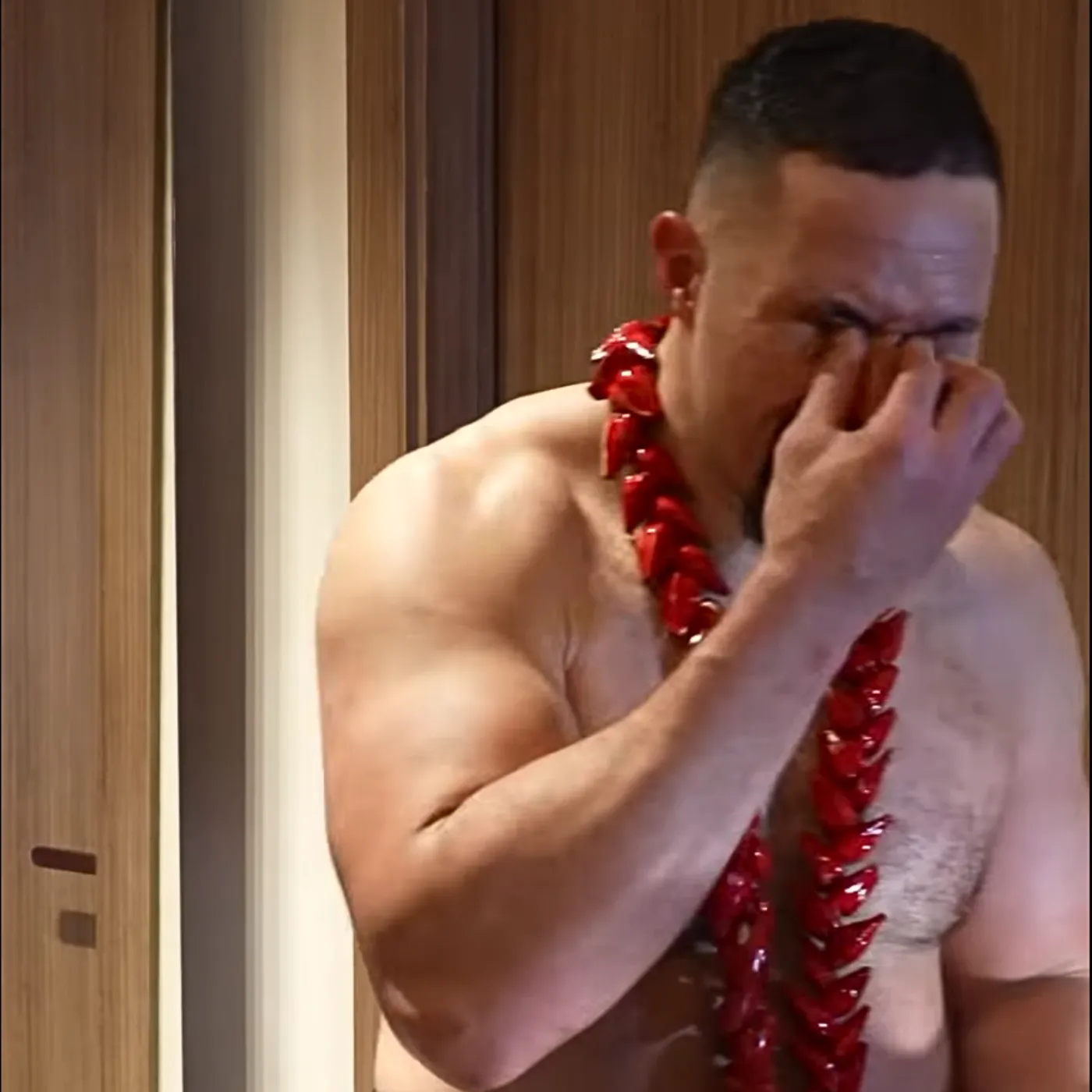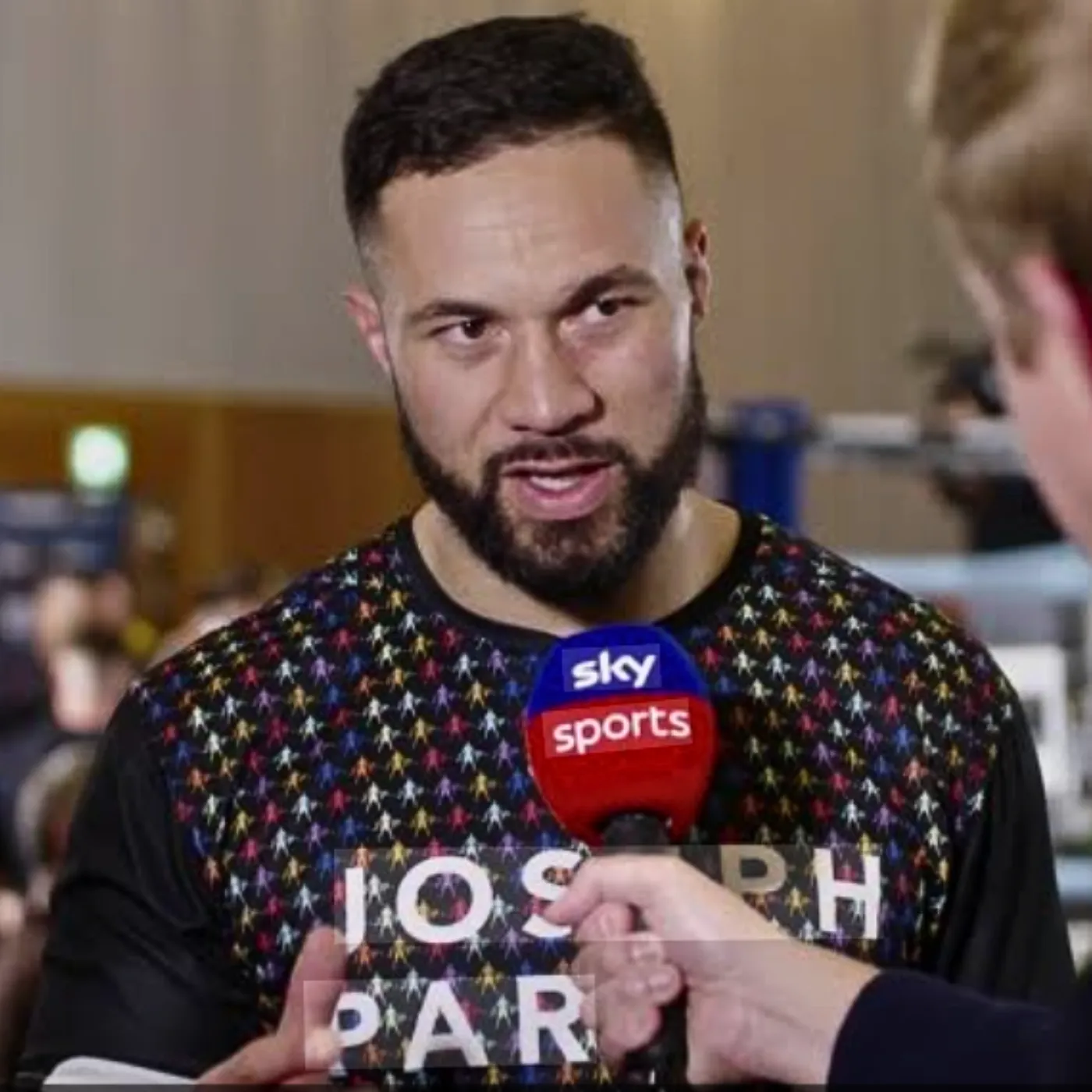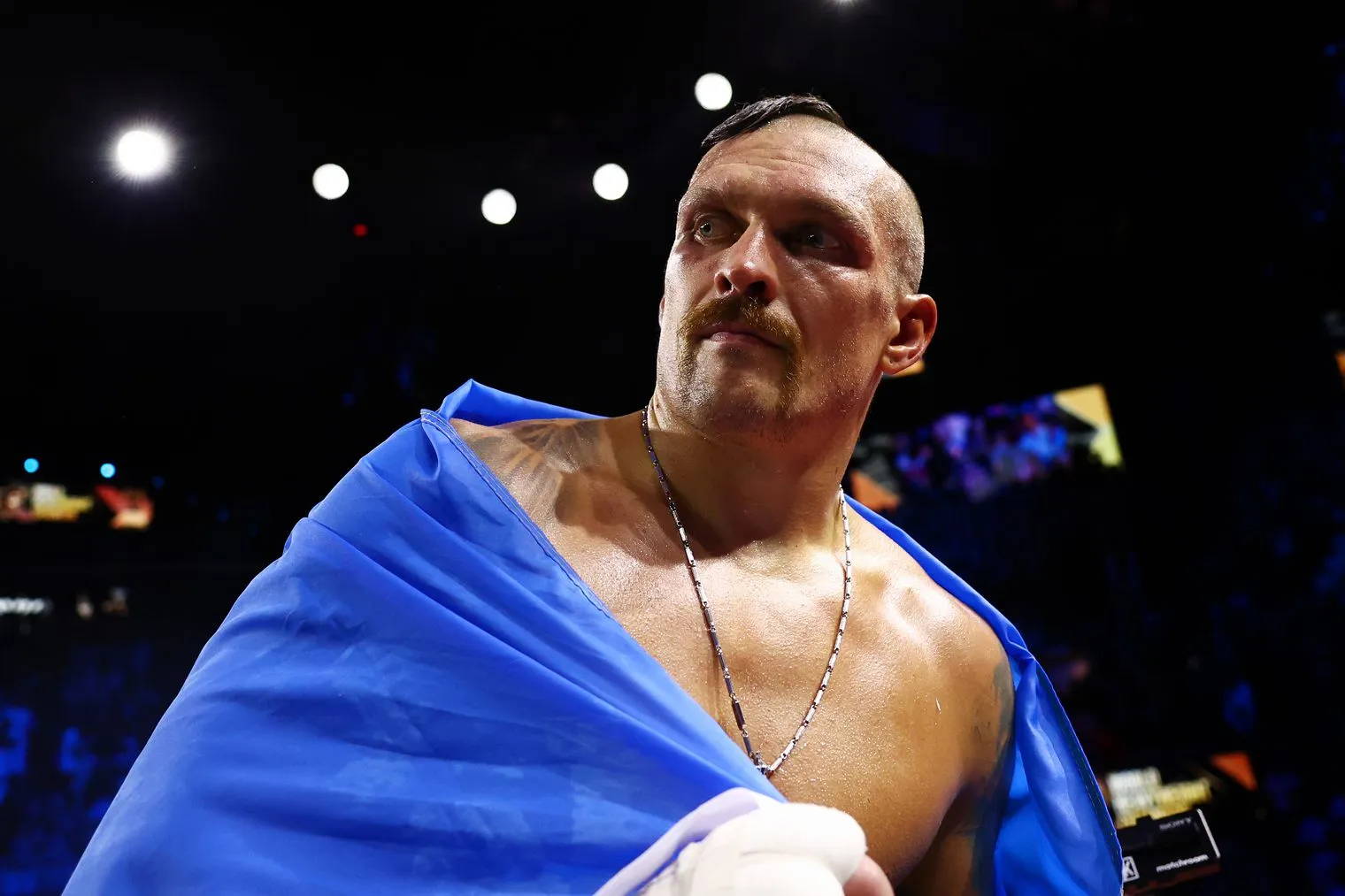
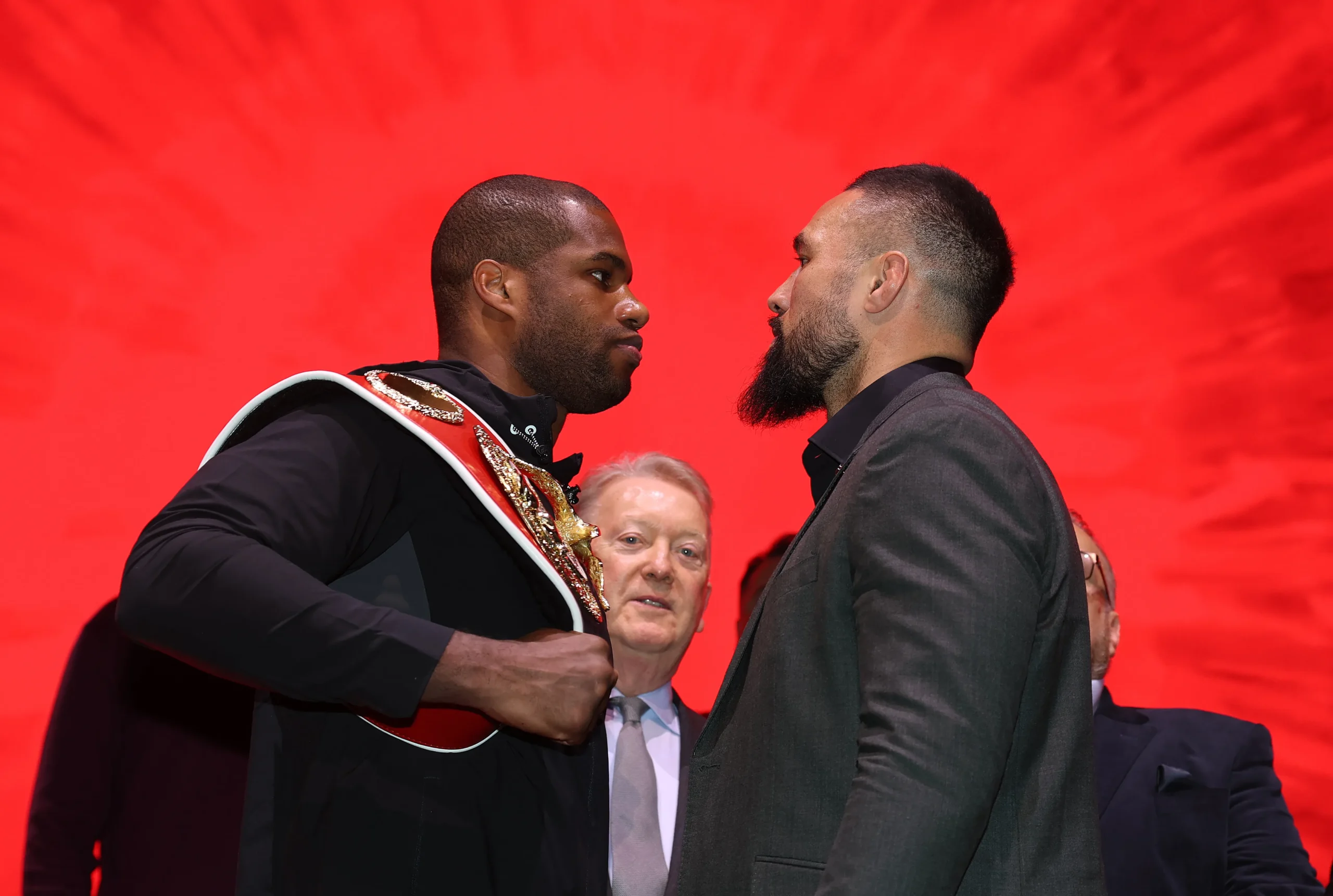
Because of Dubois’ in-ring attitude, Frank Warren changed his mind and switched Joseph Parker to face Fabio Wardley instead of Daniel Dubois.
In the volatile world of heavyweight boxing, careers can shift overnight. Fighters rise and fall, promoters adapt quickly, and opportunities are either seized or lost. Recently, promoter Frank Warren revealed that he had initially planned a blockbuster matchup between Joseph Parker and Daniel Dubois. Yet, because of Dubois’ attitude, lapses in professionalism, and an unfortunate injury, the plan took a dramatic turn. Instead of Dubois, Parker will now square off against Fabio Wardley — a move that has reshaped the narrative of British boxing and global heavyweight boxing.
This decision did not come out of nowhere. Behind it lies a chain of events: a controversial “pre-Usyk fight party”, Dubois’ loss to Oleksandr Usyk, his subsequent injury, and the restructuring of his training team. Let’s break down why Frank Warren made the switch, what it means for Parker, and how it could impact the heavyweight division at large.
From Dubois to Wardley: A Sudden Shift in Strategy
Frank Warren had initially set up Parker vs. Dubois for October. It was meant to be a pivotal fight, pitting the experienced former world champion against one of Britain’s rising heavyweight stars. The outcome could have influenced future title shots and shaped the heavyweight rankings.
However, Dubois’ injury forced him out of the equation until 2026. That development compelled Warren to pivot quickly. Enter Fabio Wardley, the hard-hitting WBA interim champion with a near-perfect knockout record. Wardley was not meant to be a stopgap opponent — he is a legitimate threat and one of the UK’s most exciting heavyweights.
For Parker, this switch demonstrates adaptability. Instead of sitting on the sidelines waiting for Dubois or Usyk, Parker remains active, maintaining his momentum and sharpening his skills in live competition. For Warren, this move shows strategic flexibility. Boxing waits for no one, and promoters must deliver competitive fights to keep fans engaged.
The “Pre-Usyk Fight Party”: A Lesson in Professionalism
One of the most controversial storylines surrounding Dubois was the so-called “pre-Usyk fight party.” On the eve of one of the biggest fights of his career, Dubois’ camp reportedly engaged in festivities that Frank Warren deemed unacceptable. When Dubois lost to Oleksandr Usyk, many critics pointed fingers at this lapse in discipline as a contributing factor.
Frank Warren later revealed that he held a stern internal meeting after the incident. He warned that such behavior would not be tolerated again — not if Dubois, or any fighter under his promotion, wanted to sustain a career at the elite level. Heavyweight boxing at the top tier demands focus, discipline, and professionalism. Anything less can derail years of hard work.
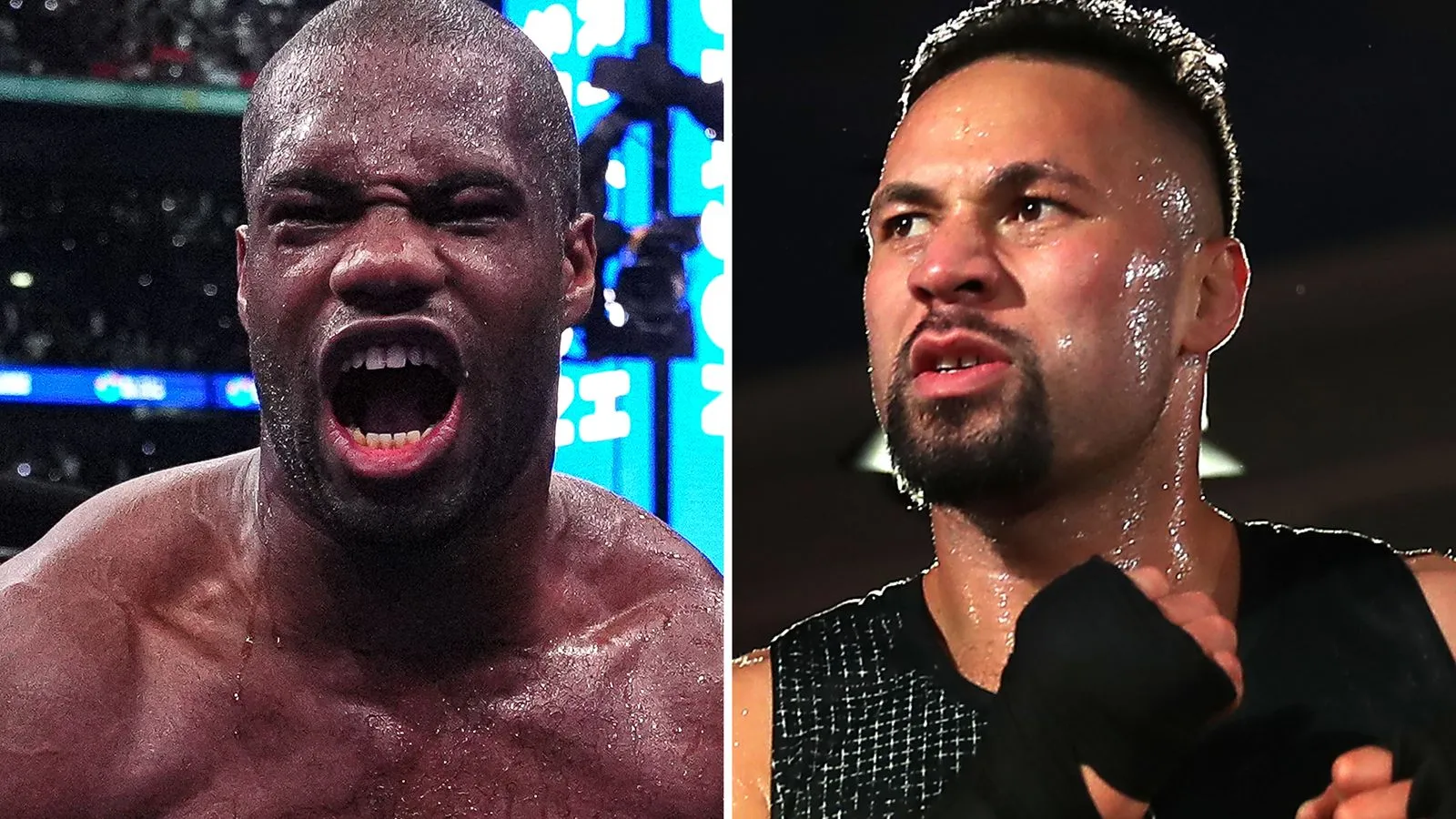
This episode became a turning point. It painted Dubois as a fighter who still had maturing to do. For Warren, it was enough to reconsider his immediate investment in Dubois as a headliner. Joseph Parker, with his proven professionalism and track record, became a safer and more marketable bet.
Dubois’ Corner Overhaul: A Sign of Rebuilding
Following his loss and the fallout from the pre-Usyk debacle, Dubois made significant changes to his camp. He cut ties with trainer Don Charles and padman Kieran Farrell, and instead brought Sam Jones into his team. This kind of restructuring is common after a career setback. Fighters often change trainers, nutritionists, or managers to recalibrate their careers.
The changes suggest Dubois recognizes the need for growth, not just technically but also mentally. However, these shifts also signal instability. Rebuilding from the ground up takes time, and with Dubois sidelined until 2026 due to injury, there’s a long road ahead.
For now, he has slipped down the pecking order in heavyweight boxing. By contrast, Joseph Parker continues to climb, capitalizing on every opportunity to prove his readiness for another world title shot.
Joseph Parker: Steady, Focused, and Resilient
While Dubois faces uncertainty, Joseph Parker is experiencing a career resurgence. The 33-year-old New Zealander has scored impressive victories over Deontay Wilder (late 2023), Zhilei Zhang (2024), and Martin Bakole. These wins reestablished him as a legitimate contender for a world title.
Parker’s mentality is clear: fight whoever stands in front of him, stay active, and let his experience speak for itself. Unlike Dubois, Parker isn’t distracted by media narratives or waiting games. He thrives on momentum, staying sharp by taking tough fights. This mindset resonates with fans and promoters alike — it’s the hallmark of a true warrior.
Against Wardley, Parker faces a younger, powerful opponent. Yet, he carries the advantage of experience, ring IQ, and composure under pressure. This balance of youth vs. experience makes the matchup compelling for audiences and important for the heavyweight scene.
Fabio Wardley: More Than Just a Replacement
Some may view Wardley as a last-minute stand-in for Dubois, but that narrative undersells his talent. With 18 knockouts in 19 wins, Wardley has built a reputation as one of the UK’s most dangerous punchers. He brings hunger, confidence, and a desire to prove himself against elite opposition.
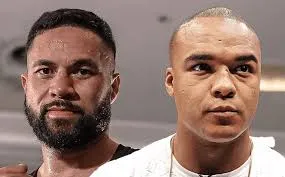
For Wardley, facing Parker is a career-defining opportunity. A victory would catapult him into world title contention, potentially lining him up for a clash with Oleksandr Usyk or another reigning champion. Even in defeat, competing with Parker offers invaluable experience that could accelerate his growth.
Thus, the Parker vs. Wardley fight is not merely a substitute event. It’s a high-stakes battle with real implications for the heavyweight division.
Frank Warren’s Strategic U-turn
Frank Warren’s role in all this cannot be overlooked. As one of boxing’s most seasoned promoters, his ability to pivot quickly has kept the sport alive in the UK. By moving from Dubois to Wardley, Warren avoided leaving Parker inactive and gave fans a credible, exciting matchup.
This U-turn also underscores a bigger point: in boxing, reputations matter. Dubois’ pre-Usyk attitude raised doubts. Parker’s professionalism offered reassurance. Wardley’s knockout power promised entertainment. From a business perspective, Warren’s decision was not just reactive — it was proactive, aligning with both market demand and sporting merit.
What It Means for Heavyweight Boxing
The ripple effects of this decision extend beyond the three fighters involved:
-
For Joseph Parker: A chance to cement his resurgence and push for another world title.
-
For Fabio Wardley: An opportunity to prove he belongs at the elite level.
-
For Daniel Dubois: A reminder that discipline and professionalism are non-negotiable at the top.
-
For fans: A meaningful, high-stakes fight that keeps the heavyweight division exciting despite injuries and scheduling chaos.
Boxing thrives on stories, rivalries, and momentum. Parker vs. Wardley delivers on all fronts, while Dubois must wait, rebuild, and prove his worth again.
Conclusion
The story of Frank Warren’s U-turn reveals the fragile balance of talent, professionalism, and opportunity in boxing. Because of Dubois’ attitude, lapses in discipline, and untimely injury, he lost a golden opportunity. Joseph Parker, ever the professional, stepped forward without hesitation. Fabio Wardley, hungry and dangerous, seized his own shot at glory.
On October 25 at London’s O2 Arena, the Parker vs. Wardley showdown will not just be a replacement fight — it will be a battle that defines trajectories, tests resilience, and shapes the future of heavyweight boxing.








